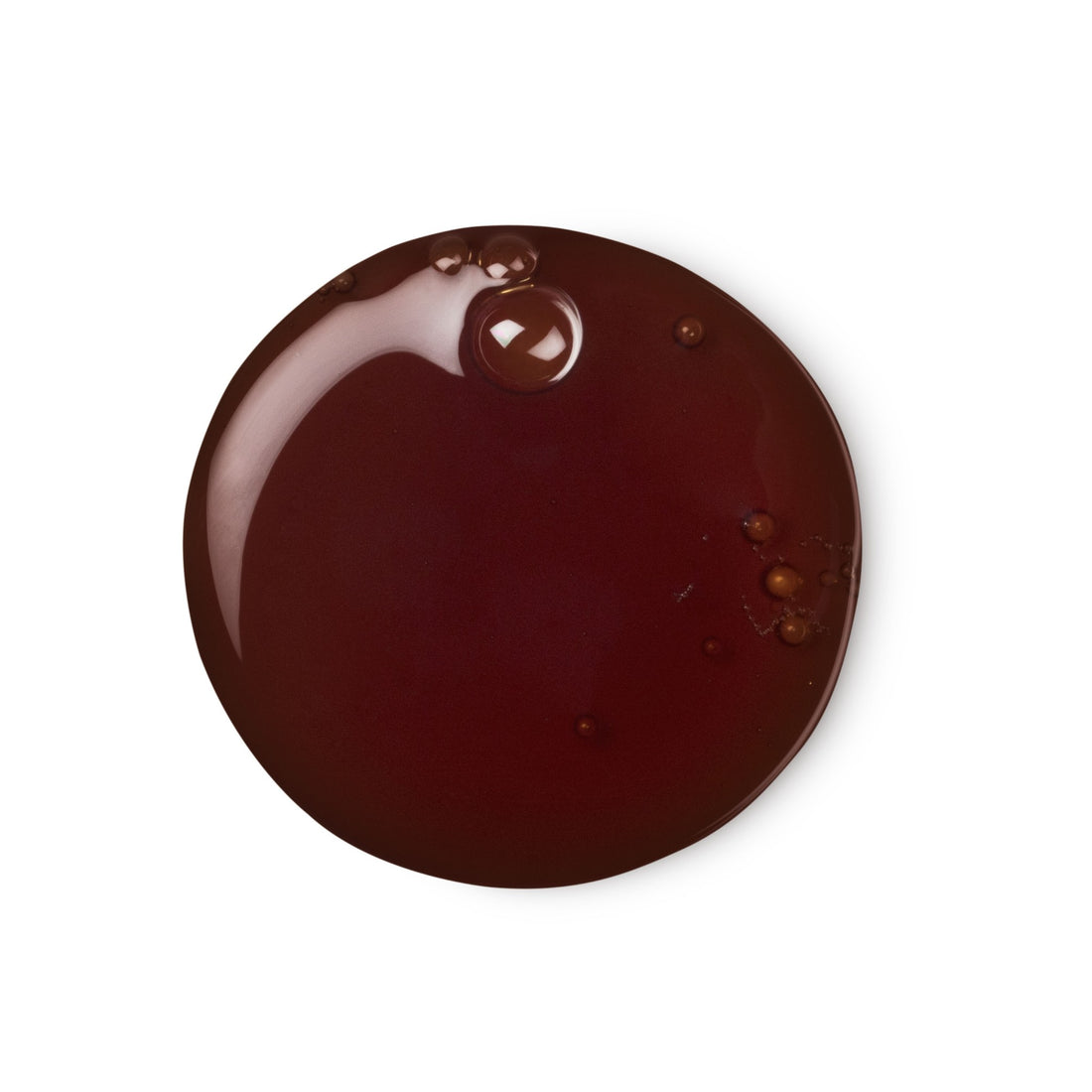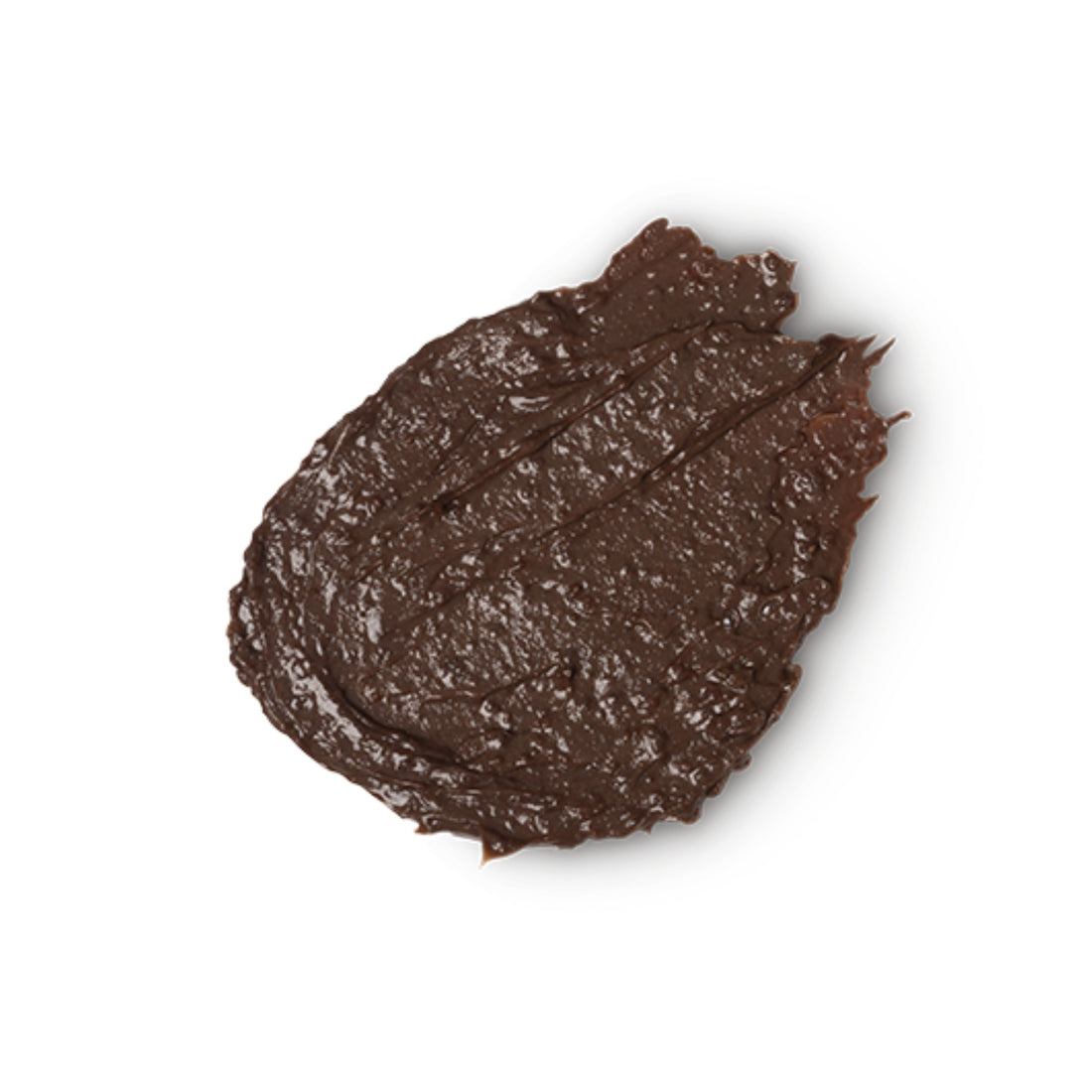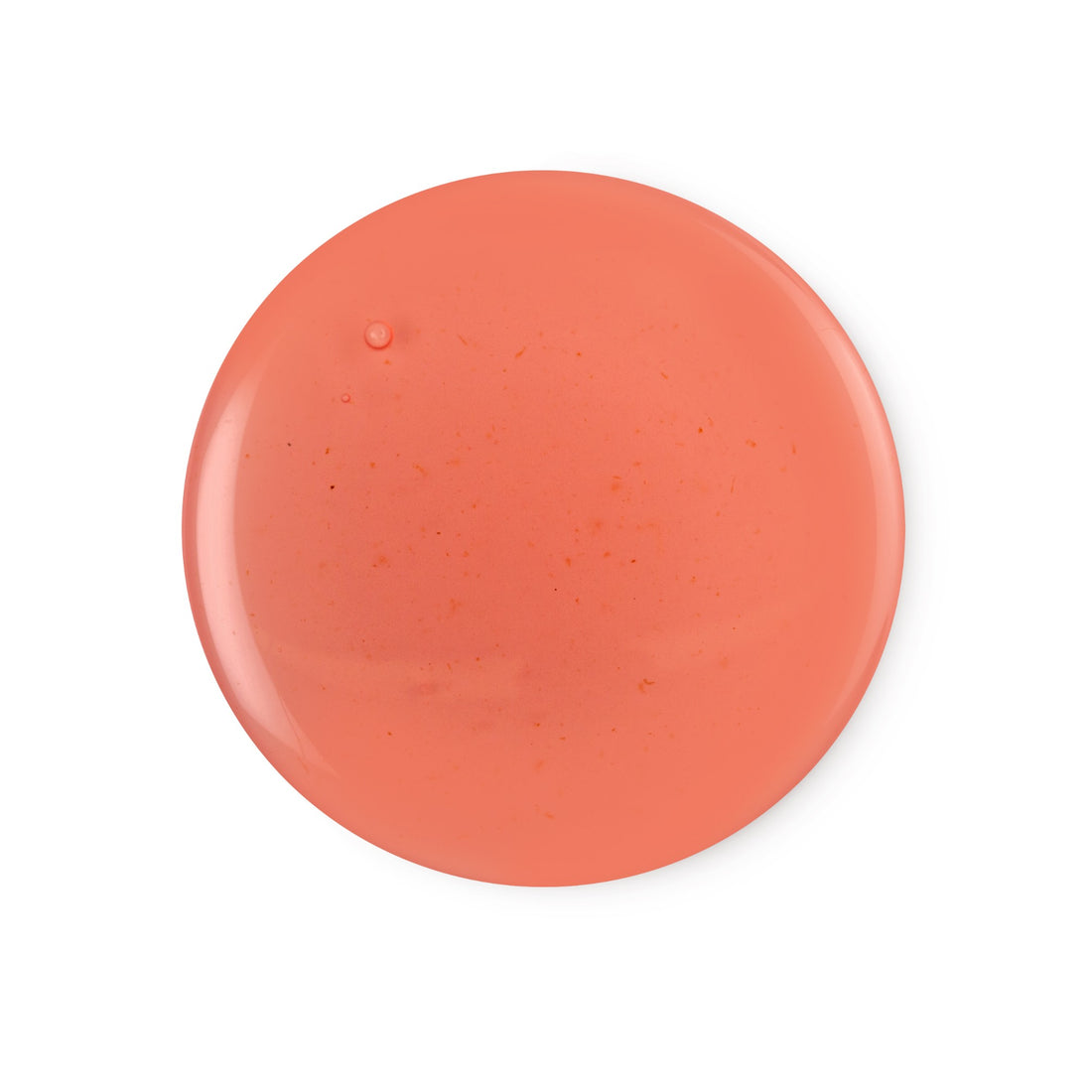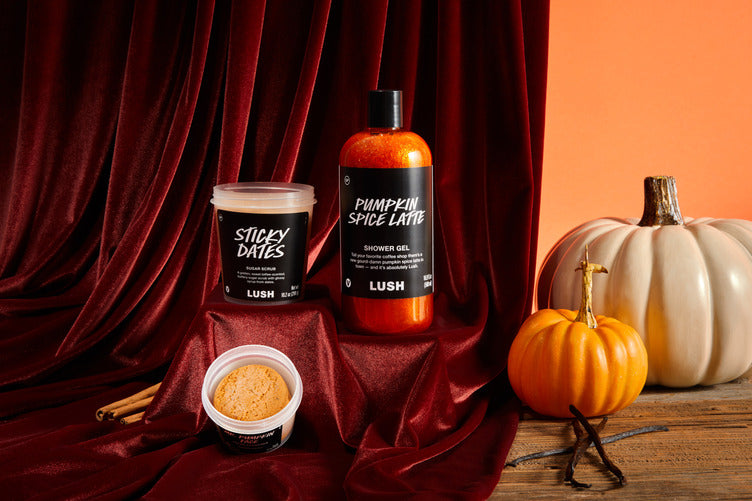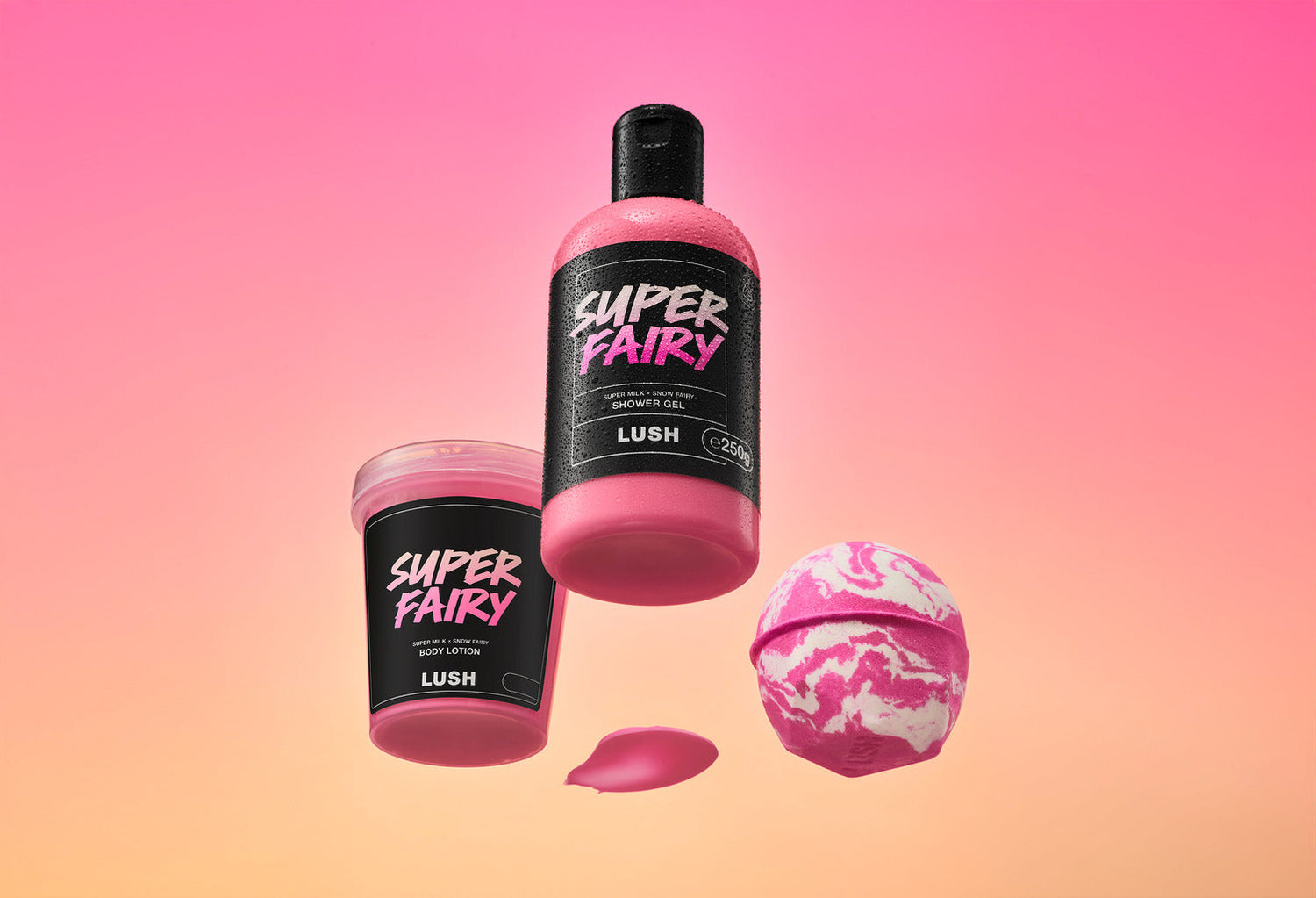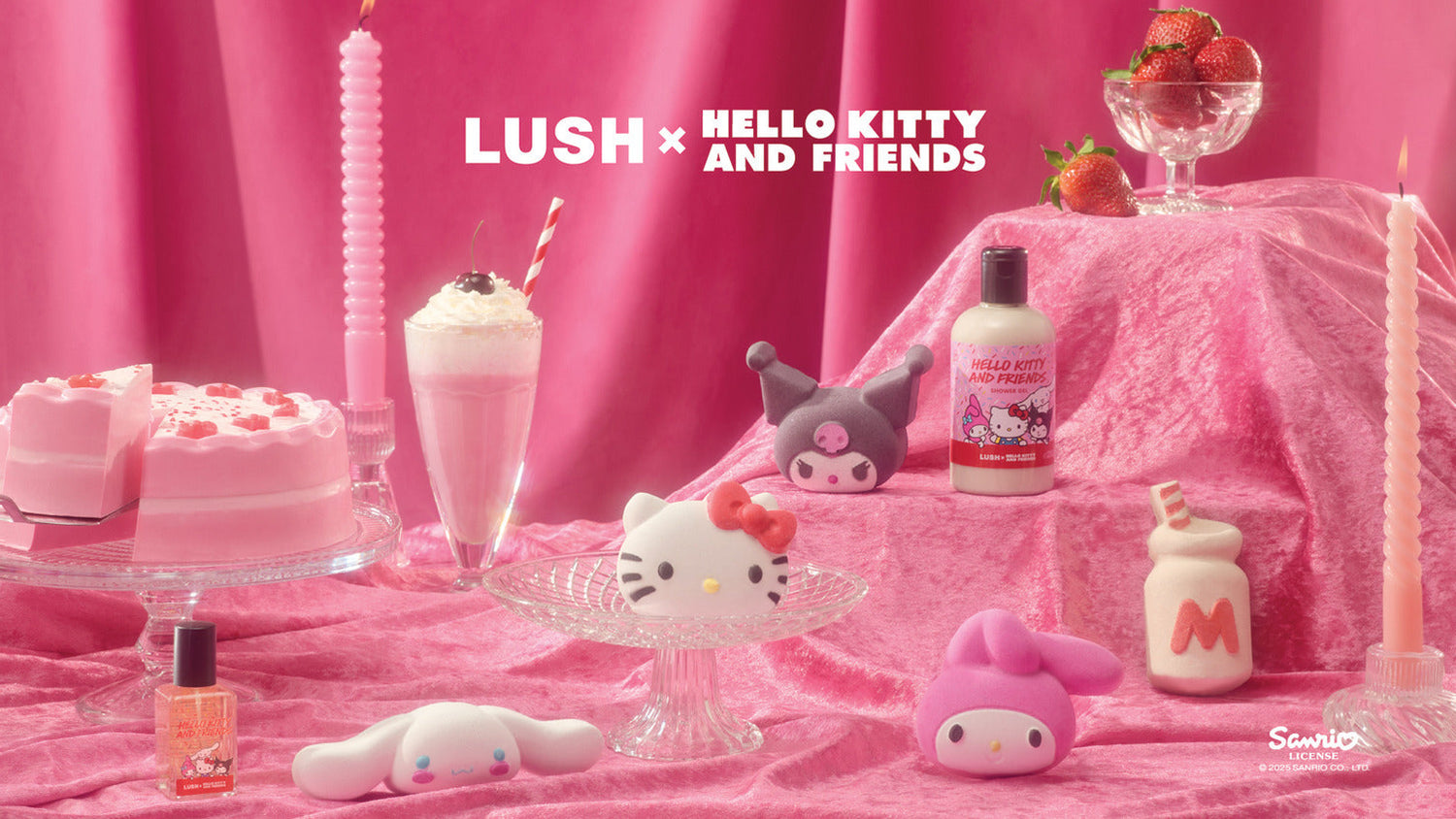Flower power is the force behind much of what Lush does best, so it was only natural that things would blossom into the world of bouquets.
A rising tide of artists, florists and designers have been shaking up the conventional flower industry; embracing natural imperfections, sourcing locally, and foraging for foliage to create a wilder aesthetic in their bouquets. It would seem that the flower industry is slowly catching up with the food industry and awareness is growing about where our flowers come from and the ethics behind them. Much like the wonky veg movement, Lush has re-addressed the notion of a beautiful bouquet.
What Lush does differently
Those who know about Lush product inventor and co-founder Mark Constantine’s fondness for a floral shirt, may not be surprised by the decision to branch into floristry. Plants have always been at the root of what Lush does, with plant materials, infusions, flowers and petals featuring in every product. The decision to sell cut flowers came from a want to celebrate the freshness of these cosmetics.
As consumers we’ve become spoilt for choice, we can pick peonies and receive roses all year round. That’s because, currently around 80% of our cut flowers are imported, travelling long distances from countries like the Netherlands, Colombia and Kenya where the sunshine means it’s far easier to grow certain varieties. This got us thinking not only about how Lush could start creating seasonal bouquets, but how we could support local industry, while also cutting a few airmiles at the same time.
Just like our other products, the Lush buying team ensures that no matter where in the world they’re sourcing ingredients from, they’re sticking to a strict code of ethics. Some of these ingredients are sourced from other countries, supporting communities and regenerative projects, however the flower project offers a chance to look long term at where in the supply chain improvements can be made, because let’s face it, every little helps.
The decision to offer flowers in selected stores, as well as in our Fresh & Flowers Subscription boxes, was pedalled by three main desires: to source flowers from the local market (wherever that may be in the world), to create 100% compostable packaging, and to get to know local growers.
Working with smaller, seasonal growers means the materials we have to work with are more limited, that’s why you’ll find herbs, ivy, willow, and other beautiful foliage you wouldn’t typically find in your local florists or supermarket bouquets. The addition of herbs, the seasonality of the flowers and lack of preservatives means these bouquets smell incredible. How often have you gone to sniff a bunch of flowers only to be disappointed by their strange lack of smell? Often commercial flowers are bred for durability and vase life and not for their scent. Lush bouquets are a multi-sensory experience, a worthy compromise between a very slightly shorter vase life and flowers that not only look standout, but smell fabulously fresh.
On the scent for better
Rather than using preservatives, we use natural ways to keep flowers fresh for longer. The outer petals of certain flowers are called guard petals. These work to naturally protect the flower. Often florists will remove guard petals as they have a slightly mottled appearance, but we’ve decided to leave them on to protect the flower in transit, letting the customer remove them at home.
We work with environmentally conscious farmers who are willing to make positive change. This may sound a little cliche, but due to the inherent use of pesticides in the flower industry, a want to make a difference is a positive first step. So we have self-imposed tight guidelines.
As well as offering an array of bouquets, in some stores you'll find Lush also stock a small selection of potted cacti plants. These are potted in a mixture of compost made from the Lush Green Hub’s factory waste and contain cork waste; an eco friendly way to help the compost retain moisture. The soil is decorated with smooth recycled glass that prevents compost from spilling out of the black pots you may well be familiar with.





